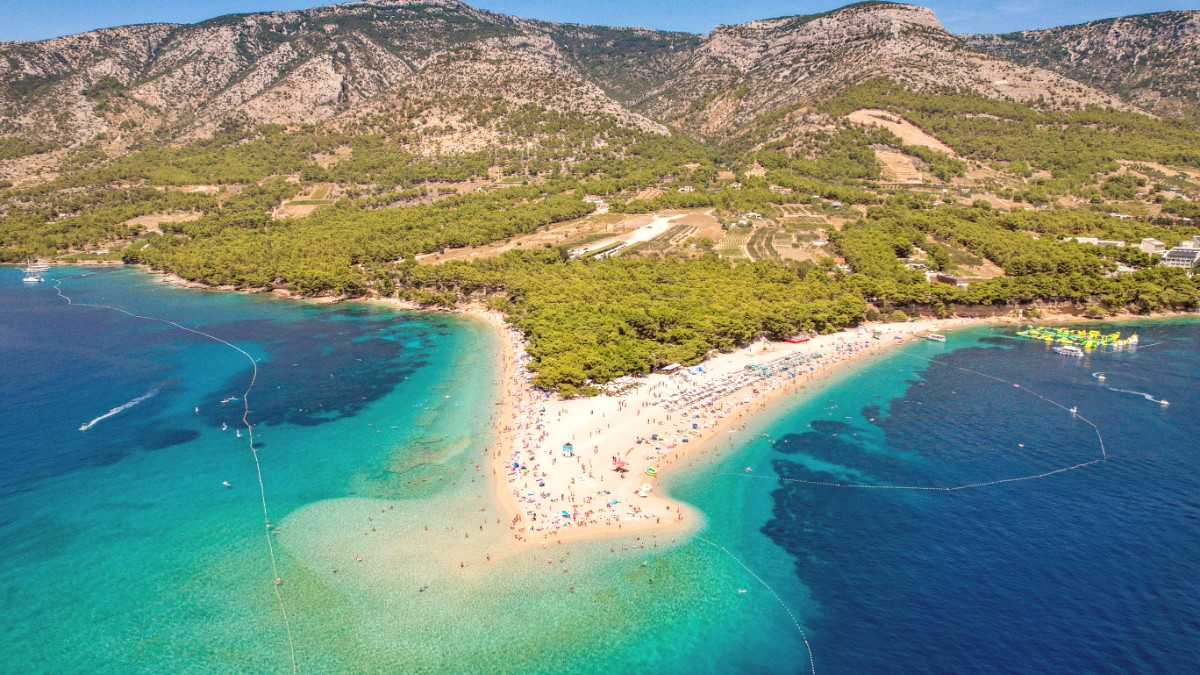
Croatia
Croatia is part of the Schengen Area, impacting entry for non-EU/EEA citizens. Non-EU/EEA citizens may need a Schengen visa for short stays, up to 90 days within any 180-day period.
Citizens of the United States, United Kingdom, Canada, Australia, and New Zealand generally do not require a visa for tourist stays up to 90 days within a 180-day period. Always check the latest requirements from your country's foreign affairs department or the official Croatian embassy website.
Visa applications are typically submitted to the Croatian embassy or consulate (or the Schengen member state of first entry) in your country of residence. Start the application process well in advance. IVisa and VisaHQ can assist with applications.
There are no general entry fees for tourists visiting Croatia. Immigration procedures involve presenting your passport upon arrival. Be ready for potential biometric data collection. The process is generally straightforward for those with valid documents.
Health-Related Entry
Ensure all routine vaccinations (MMR, Diphtheria-Tetanus-Pertussis, Varicella, Polio, Flu) are current.
Hepatitis A is a consideration for most travelers. Hepatitis B is a consideration for specific contact.
Consultation
Rabies is a consideration for outdoor activities with wild animal contact. Tick-borne Encephalitis (TBE) is a consideration for forested areas.
Consult your doctor or a travel clinic at least 4-6 weeks before your trip for personalized vaccination advice.
Insurance
Bol has a local health clinic for basic needs. Serious medical emergencies transfer to Split hospital.
Travel insurance is a strong consideration. EU/EEA citizens carry EHIC. Verify policy coverage for activities.
Croatia uses the Euro (EUR) since January 1, 2023. ATMs are available for cash withdrawals. Major credit cards (Visa, Mastercard) are accepted in most hotels and larger shops. Carry some cash for smaller purchases and local markets. Check bank fees before travel.
Tipping is not mandatory but is appreciated for good service. Restaurants: 10% for good service; rounding up for small bills. Cafes/Bars: Round up. Taxis: Round up the fare. Tour Guides: Consider €5-€10 per person for good service.
€50 - €80 daily (hostel, groceries, walking, free activities).
€80 - €150 daily (mid-range hotel, mixed meals, local transport, some paid activities).
€150+ daily (boutique hotel, fine dining, private transfers, exclusive tours).
Hostel dorm €25-€40, Private room €40-€150+, Mid-range hotel €80-€250+, Luxury €200-€500+.
Coffee €2-€3.5, Lunch €8-€15, Dinner €15-€30+, Beer €3.5-€5.
Comprehensive travel insurance is a strong consideration for any journey. It offers financial protection and peace of mind for unforeseen events.
Insurance tailored for adventurous travelers and activities.
Insurance options suited for digital nomads, remote teams, and international visitors.
The summer sun is intense. Use high-SPF sunscreen, wear a wide-brimmed hat, seek shade during midday.
Bol is a very safe destination. Petty crime is minimal but can occur in crowded areas during peak season. Be aware of your belongings.
Maintain awareness of your belongings, notably in busy spots like the promenade or Zlatni Rat. No specific neighborhoods in Bol are known for higher crime rates.
Drink plenty of water to prevent dehydration, especially in the warm climate.
Tap water in Bol is generally safe for consumption.
Avoid excessive alcohol under the sun.
Use high-SPF sunscreen, wear a hat, and seek shade during peak sun hours.
Light, breathable clothing adds sun defense.
Extended direct sun exposure can lead to sunburn and heatstroke.
Wear water shoes for protection on pebble beaches and against sea urchins.
Comfortable walking shoes are ideal for town exploration.
Flip-flops may not provide enough grip on all surfaces.
| Service | Number | Notes |
|---|---|---|
| General Emergency | 112 | Police, Fire, Ambulance |
| Police | 192 | Direct Police contact |
| Ambulance | 194 | Medical emergencies |